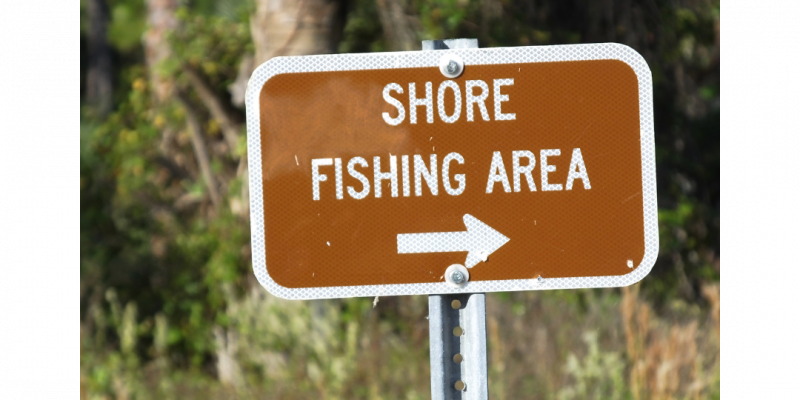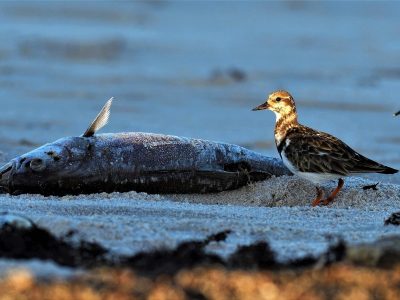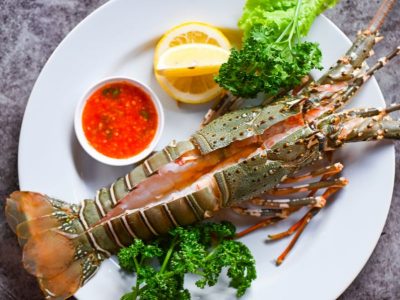Fishing from bridges, piers, and the beach all offer its own set of challenges and rewards. They are a great way to have a low-cost budget day on the water plus a great family outing. In this blog post, we will give you tips for fishing from each of these locations.

Fishing from a bridge
- Current on bridges is important and having just the right weight can keep the angler’s bait near or on the bottom. The amount of weight may need to be adjusted as the speed of the current ebbs and flows with the incoming and outgoing current.
- Be aware of the currents and how they will affect your line. The first thing you need to do is find a spot where the current isn’t too strong. You don’t want your line getting swept away!
- It is also important to be aware of the wind and how it will affect your cast. When fishing from a bridge, it is best to use heavier tackle so that you can control the fish. Once you’ve found a spot, cast your line out and let it sink to the bottom. Then, just wait for a bite.
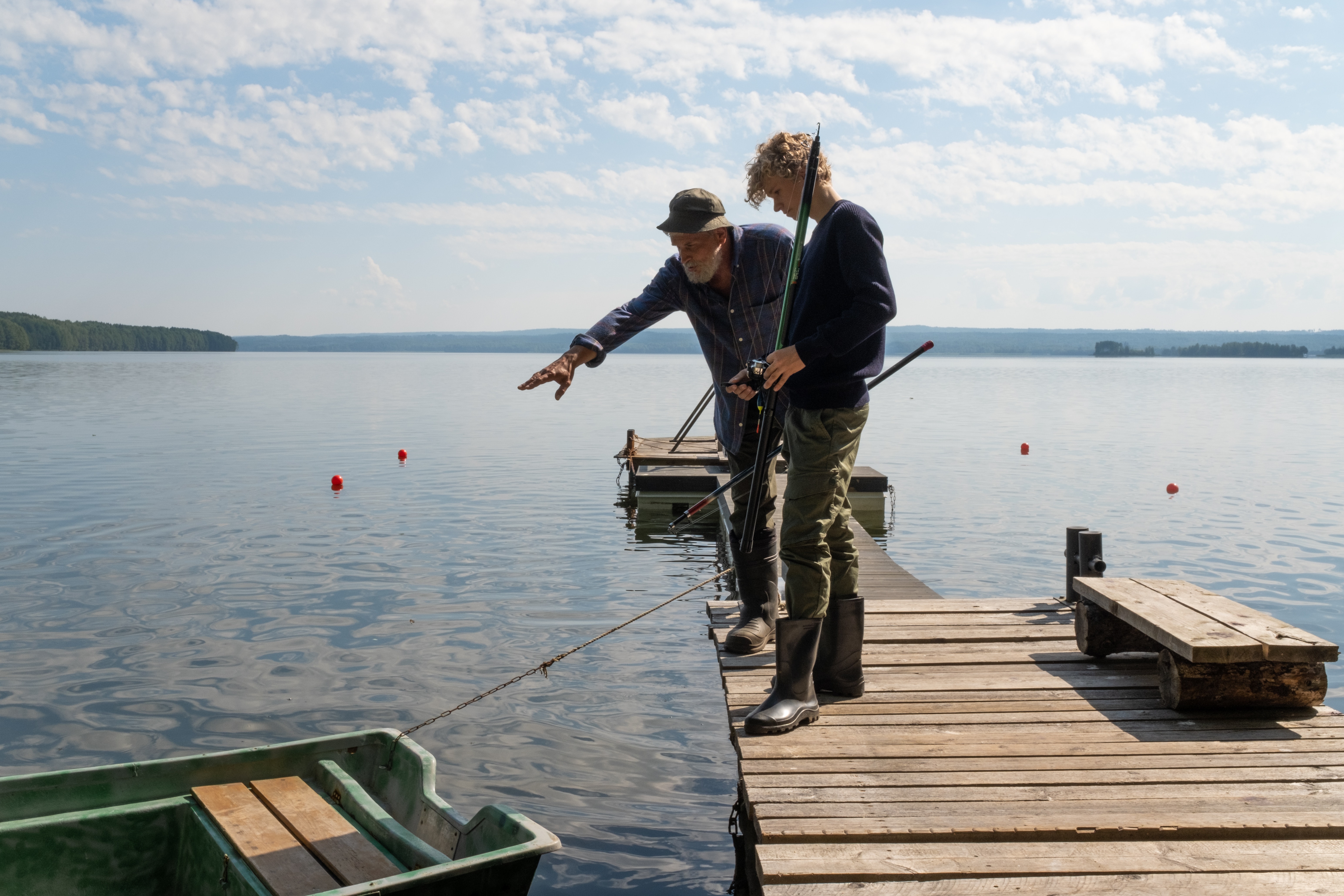
Fishing from a pier
- Fishing from a pier can be a bit more challenging however, it always depends on water conditions. You can often find fish hiding in the crevices of the pier. Cast your line out and then slowly reel it in, making sure to pause every so often.
[stu alias=”fishverify_blog”]
- The line does not need to be heavier. The line needs to be based on the conditions you are fishing. In fact, heavy line makes you catch fewer fish because of over-tackling.
- You can fish artificial lures at all water depths, retrieving is an art so you can try different retrieving speeds to work the bait in various depths of water column to find the sweet spot where the fish are active.
- In some states, you need fishing licenses for piers or beaches.
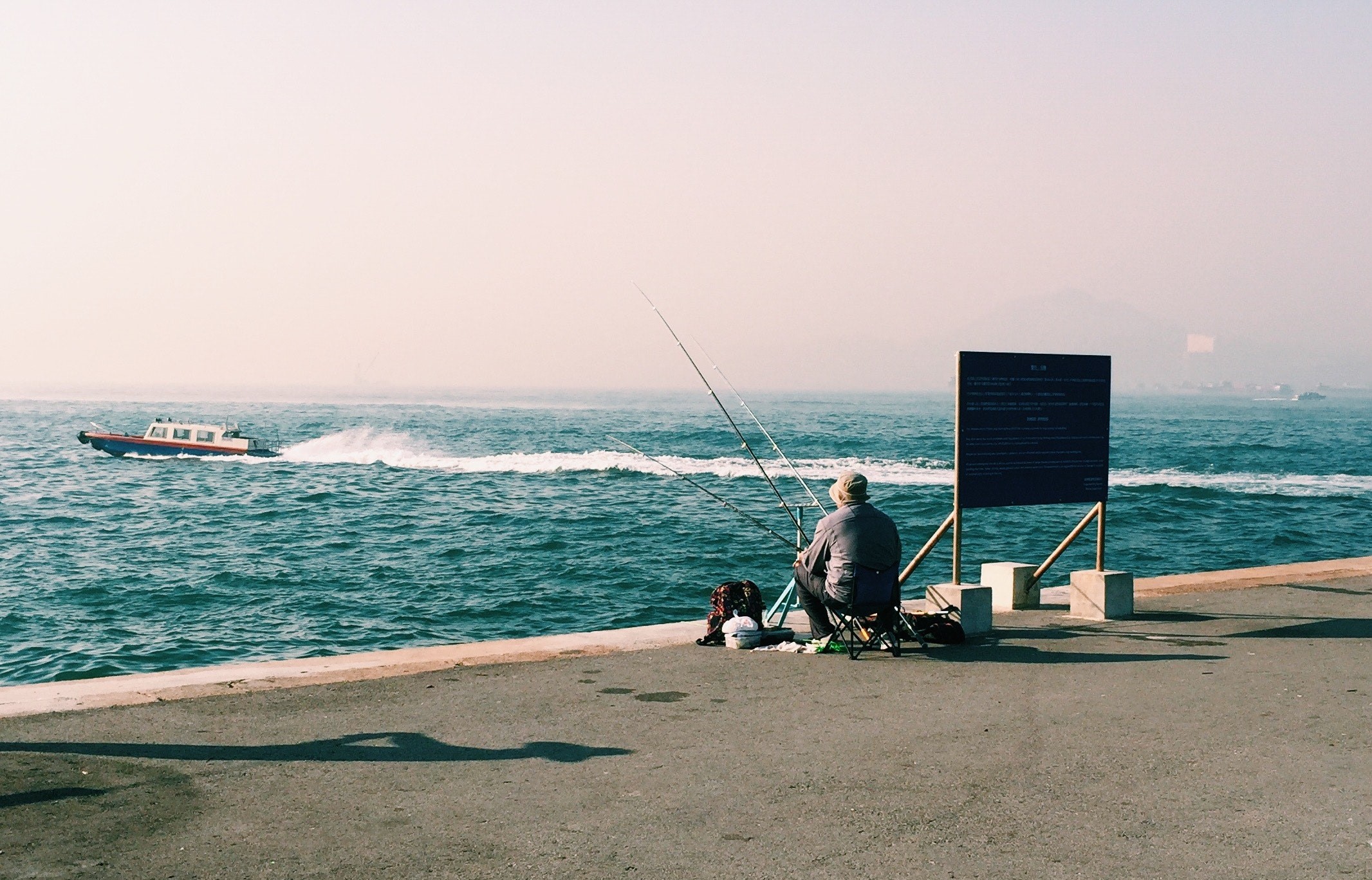
Fishing from the beach
- Most anglers use what is known as natural bait on both piers and beaches (which includes natural bait or dead bait).
- Artifical lures are also popular with some anglers as they cast and reel lures that look shiny (spoon-type lures) or lures molded to look like small baits but rattle or vibrate to attract fish.
- Beach fishing is not impacted by tides, I would say beach fishing needs to match tackle and weight to allow you to cast to the surf. But again, do not over-tackle for the type of fish you are going after.
Important Reminders
- A hazard for all methods is getting hung up and breaking lines from bottom structures. (e.g. rocks)
- Regardless of choice, anglers need to use the proper size line and hooks for the type of fish in the area they are fishing.
- Do not overdo the size of your weight, leader, line, or hooks for the type of fish in the area you are fishing and match the tackle to the fish.
- Regulations apply to bag limits and size limits regardless of where you are fishing so know the rules as game wardens have been known to walk along beaches, piers, and bridges.
- You can catch many sizes of fish on bridges, piers, or beaches and can catch smaller ones who are also bait-stealers. The size of the hook for the type of fish you’re going after is critical.
Anglers need to know what is running and match their tackle to the species.
So there you have it – our tips for fishing from bridges, piers, and the beach! We hope you find these tips helpful the next time you go angling.
Do you have any other tips for angling from these locations? Let us know in the comments below!
[/stu]
